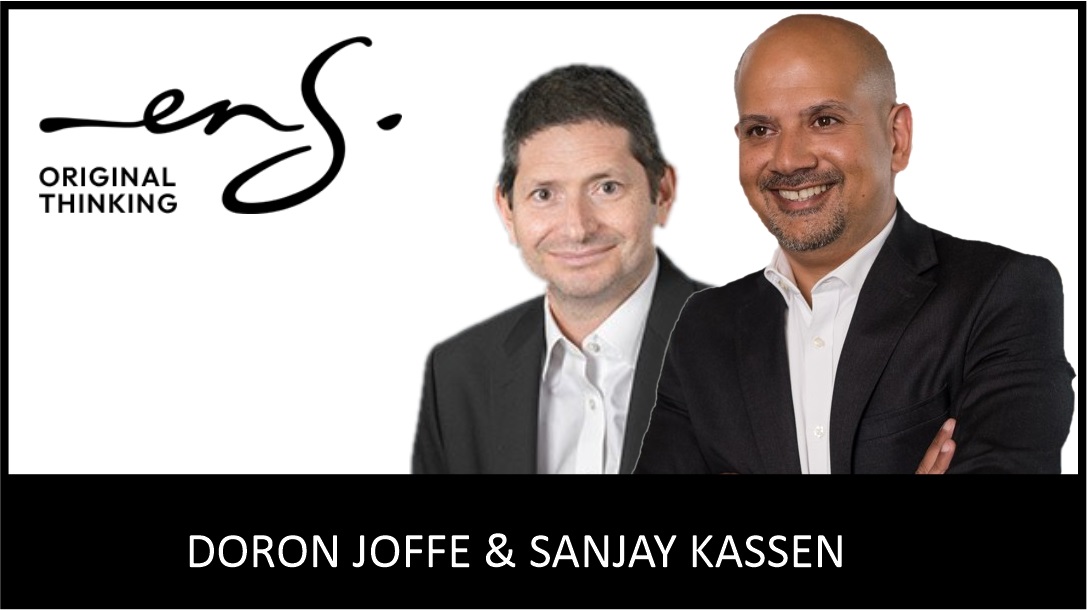Lize de la Harpe, Senior Legal Advisor: Sanlam Life & Savings: Regulatory Unit
Introduction
The primary purpose of a retirement fund is to provide retirement benefits and death benefits. It is for this reason that pension benefits are protected. Section 37A of the Pension Funds Act (the Act), 1956 specifically states that a benefit provided for in the rules of a registered pension fund or a right to such benefit, shall not (save for certain exceptions) be capable of being reduced or be liable to be attached or subjected to any form of execution under a judgment or order of court.
The effect of section 37A is that a fund is only permitted to make a deduction from a member’s benefit if such a deduction is allowed in terms of either the Pension Funds Act itself, the Income Tax Act, the Tax Administration Act or the Maintenance Act.
Permissible deductions
Section 37D(1) of the Act enables a fund to deduct compensation due to an employer in respect damage caused by the member to the employer by reason of theft, dishonesty, fraud or misconduct in respect of which:
- the member has admitted liability in writing, or
- judgment has been obtained against the member in court and includes a compensation order granted in terms of section 300 of the Criminal Procedure Act, 1977.
It is clear from section 37D(1)(b) that the deduction may only be made if (1) the member has in writing admitted that he is liable to the employer for compensation as a result of damage caused to the employer by reason of theft, dishonesty, fraud or misconduct by the member, or (2) a judgment has been obtained.
Fund has a discretion
Section 37D(1)(b) states that the fund “may” make a deduction for damages due to an employer – it does not say the fund must.
Considering the potential prejudice to an employee who may urgently need to access his pension benefits and who is in due course found innocent, it is necessary for funds to exercise their discretion with care and in the process balance the competing interests with due regard to the strength of the employer’s claim.
In exercising this discretion, the fund must satisfy itself of the following:
- the nature of the pending legal proceedings
- that there is no undue delay by the employer in pursuing the claim
- it has given the member an opportunity to respond to the employers’ allegations, and
- it is satisfied that the employer has a reasonable chance of succeeding with its claim and will suffer irreparable harm or loss if the benefit is not withheld.
In SA Metal Group (Pty) Ltd v Jeftha 2020 JDR 2379 WCC the court specifically highlighted the importance of affording the member an opportunity to address the employer’s allegations. Here the court held that the fund must conduct a separate hearing to allow an implicated member to present his case in opposition to an employer’s request to withhold payment of benefits.
Edward Snell & Company v PFA & others PFA77/2024 (FST) – 23 June 2025
Mr Sbiya was employed by Edward Snell & Company from May 2010 to November 2023 when he was dismissed. By virtue of his employment, he was a member of the Fund. A case of gross misconduct was opened against him for his alleged role in fraudulent removal and distribution of company stock during the course of 2022 and 2023. A disciplinary hearing was held on 24 November 2023 whereafter he was summarily dismissed. Intending to recover the loss from Mr. Sbiya’s retirement fund benefit, the employer requested to the Fund to withhold payment of the withdrawal benefit due to him.
Following his dismissal, Mr Sbiya approached the Pension Funds Adjudicator to authorise the payment of his withdrawal benefit from the Fund arguing that it would be unreasonable for the Fund to withhold his benefit as he did not benefit from any fraudulent activities.
The Fund informed the Adjudicator of the request made to it by the applicant (the employer) to withhold Mr Sbiya’s benefit as well as the outcome of the disciplinary proceedings, being that Mr Sbiya had been found guilty of theft and dishonesty. The Fund confirmed that it had addressed a letter to Mr. Sbiya in May 2024 affording him an opportunity to respond to the allegations, to which he responded in July 2024. The Fund and the Applicant however denied having received it.
In her determination, the Adjudicator held that the laying a criminal charge against the complainant was not on its own sufficient as it has no legal consequence. Legal proceedings may or may not follow depending on the decision of the prosecutor. Furthermore, whilst the amended section 37D(1)(b)(ii) makes provision for a deduction in respect of judgment obtained against a member which includes a compensation order in terms of section 300 of the Criminal Procedure Act,1977, these amendments were not retrospective. Therefore, the claim in question (which was instituted prior to the amendment coming into effect) had to be dealt with in accordance with the law at the time.
Finding in the complainant’s favour, the Adjudicator ordered the Fund to release the withdrawal benefit to Mr. Sbiya. Dissatisfied with the outcome, the employer brought an application to the Financial Services Tribunal for reconsideration.
The applicant’s main argument was founded on a procedural error, i.e.: that by ordering the Fund to make payment to Mr Sbiya, the Adjudicator usurped the discretion that can only be exercised by the trustees of the Fund exclusively, which is impermissible in law. The applicant stated in its heads of argument that it was only after it received the Adjudicator’s records on 16 January 2025, that it first saw Mr Sbiya’s response to the Fund (being his response to the letter from the Fund informing him of the request by the employer to withhold the benefit which afforded him an opportunity to respond), which response was sent to the Adjudicator on 04 July 2024. As such, at the time of the determination by the Adjudicator, the Fund had not yet been able to exercise their discretion whether or not to withhold Mr Sbiya’s benefit.
Put differently: the duty of the Adjudicator in hearing the complaint was, amongst other things, to determine whether the Fund exercised its discretion to withhold the benefit correctly. It could, however, not have made this determination when no such discretion had yet been exercised by the Fund.
The Tribunal held that it was clear from the record of proceedings and from the submissions made by the applicant and the Fund that the 04 July 2024 letter from Mr Sbiya’s attorney to the Fund was not received by the applicant or the Fund until early January 2025. The Adjudicator should have been aware of the fact that the Fund had not yet exercised its discretion in the matter, as it clearly was not in receipt of the said letter at the time. As such, the Fund had not yet exercised its discretion or applied the principles of audi alteram partem by hearing both sides of the story. Only thereafter could the Fund provide its final decision with regards to the request to withhold the benefit.
The Tribunal accordingly found that the applicant’s procedural ground for reconsideration must be upheld, in that the determination made by the Adjudicator that the withholding of Mr Sbiya’s benefit was not justified was a premature determination and one that cannot be made until the Fund had considered the matter and properly exercised its discretion. The determination was accordingly set aside.
Conclusion
Section 7C(2) of the Act states that in pursuing the object of the board, the trustees must take all reasonable steps to ensure that the interests of members are protected at all times. As such, trustees have to act with due care, diligence and good faith and have a fiduciary duty to members, beneficiaries and the fund itself.
When a fund is presented with a request from an employer to withhold a benefit due to a member, the trustees are required to balance the competing interest of both the member and the employer in question. In so doing it would have to assess the potential harm that will be suffered by the member if his benefit is withheld indefinitely, balanced against a potential harm of the employer. The fund should not be merely satisfied with what the employer places before it – any decision that deprives members of their benefits must be exercised with circumspection by the fund.
ENDS
























































































